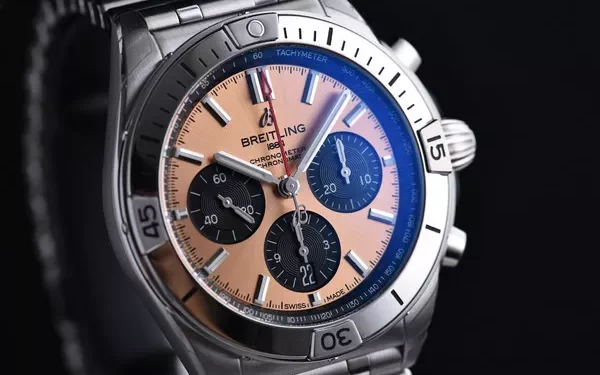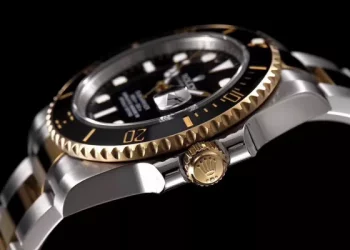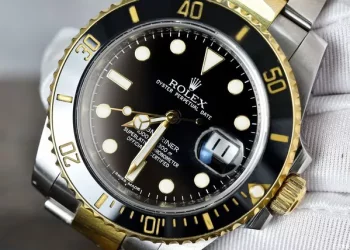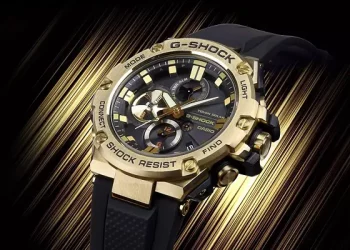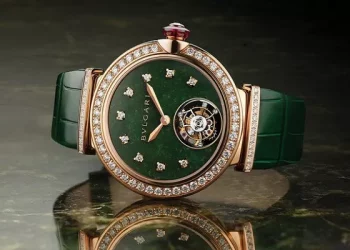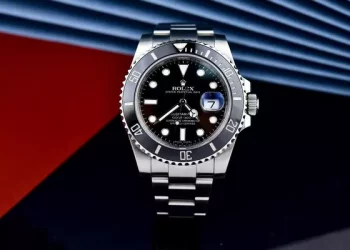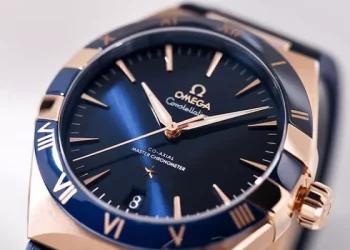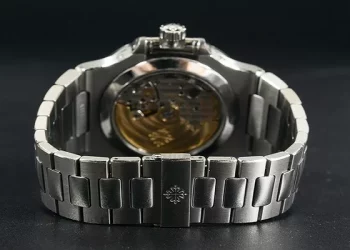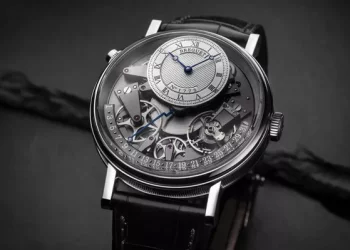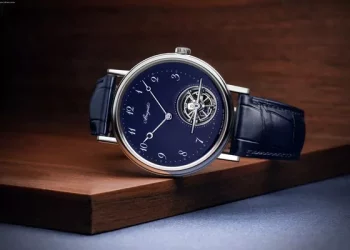Mechanical watches are classic timepieces that have been around for centuries, and they continue to be popular today. Unlike quartz watches, which rely on batteries to operate, mechanical watches use a complex system of gears and springs to keep time. Here’s how long mechanical watches can last and what you can do to ensure that your watch lasts as long as possible.
Mechanical Watch Lifespan
Mechanical watches are built to last, and with proper care, they can last for generations. Some of the oldest mechanical watches in the world still work today, and many collectors seek out antique timepieces as investment pieces. With proper maintenance, a well-made mechanical watch can last for decades or even centuries.
That being said, there are several factors that can affect the lifespan of a mechanical watch. Some of these factors include:
- Quality of the watch: The quality of the watch plays a significant role in how long it will last. High-quality watches that are well-made with precision engineering are likely to last longer than lower-quality watches that may have defects or subpar materials.
- Frequency of use: A watch that is worn regularly is likely to last longer than a watch that sits in a drawer or on a shelf for years at a time. Regular use helps to keep the movement lubricated and functioning properly.
- Maintenance: Proper maintenance is essential to keeping a mechanical watch running smoothly. Regular cleaning, lubrication, and adjustment of the movement can help to extend the life of the watch.
- Environmental factors: Extreme temperatures, exposure to moisture or humidity, and exposure to magnetic fields can all affect the lifespan of a mechanical watch. Protecting your watch from these factors can help to extend its lifespan.
How to Ensure Your Mechanical Watch Lasts as Long as Possible
If you want to ensure that your mechanical watch lasts as long as possible, there are several steps you can take:
- Get your watch serviced regularly: It’s recommended that you get your mechanical watch serviced every three to five years by a qualified watchmaker. This includes cleaning, lubrication, and adjustment of the movement.
- Avoid exposure to extreme temperatures, moisture, and magnetic fields: Protecting your watch from these environmental factors can help to prevent damage and extend its lifespan.
- Store your watch properly: When you’re not wearing your watch, store it in a dry, cool place, and keep it away from strong magnetic fields.
- Wind your watch regularly: If you have a manual-wind watch, be sure to wind it regularly to keep the movement lubricated and functioning properly.
In conclusion, mechanical watches are built to last, and with proper care and maintenance, they can last for generations. By understanding the factors that can affect the lifespan of a mechanical watch and taking steps to protect your watch from damage, you can ensure that your timepiece lasts as long as possible.

